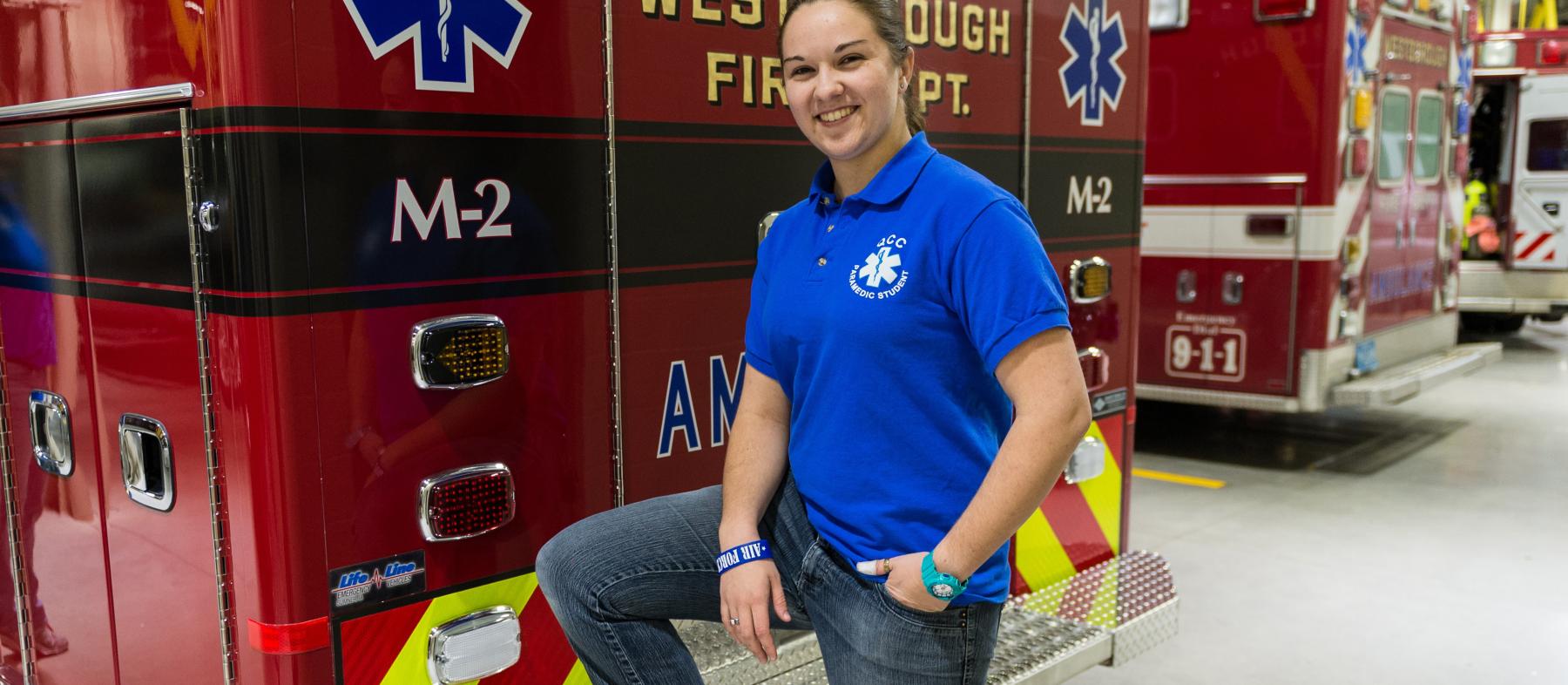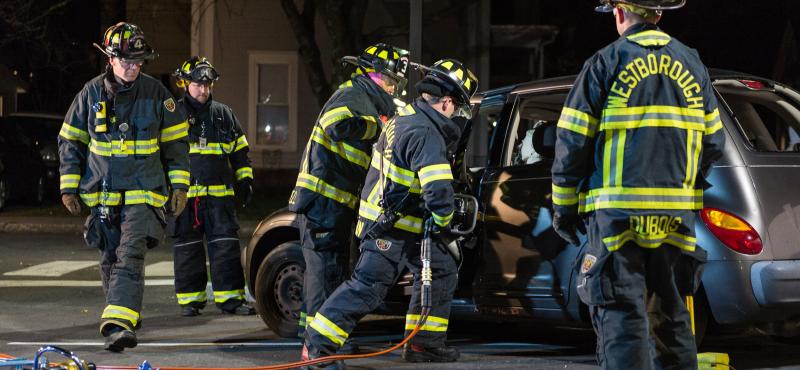The Fire Science Certificate prepares students for a career or promotion within fire and emergency service organizations. Students are also prepared for careers in the private sector, which include fire investigation, fire engineering, suppression/alarm systems maintenance, emergency management and hazard analysis.
Program Overview
What Will You Learn?
You will evaluate the components of building construction related to fire and life safety, including inspections, pre-incident planning and emergency operations. You will be able to distinguish the benefits of fire protection systems in various types of structures and evaluate the laws, rules, regulations, and codes relevant to fire prevention.
Cost
In-State Tuition: $227/credit
Out-of-State / International Tuition: $433/credit
Some programs have additional program fees
Timeline
25 credits
Ways to Take Classes
- This program may be completed 50% or more online.
Requirements
- High School Diploma or GED/HiSET.
Locations
- This program may be completed at QCC Worcester (Main Campus).
- This program may be completed face-to-face.
Curriculum
Career Stats
Have more questions?
We're here to help! Reach out to the following for support.


